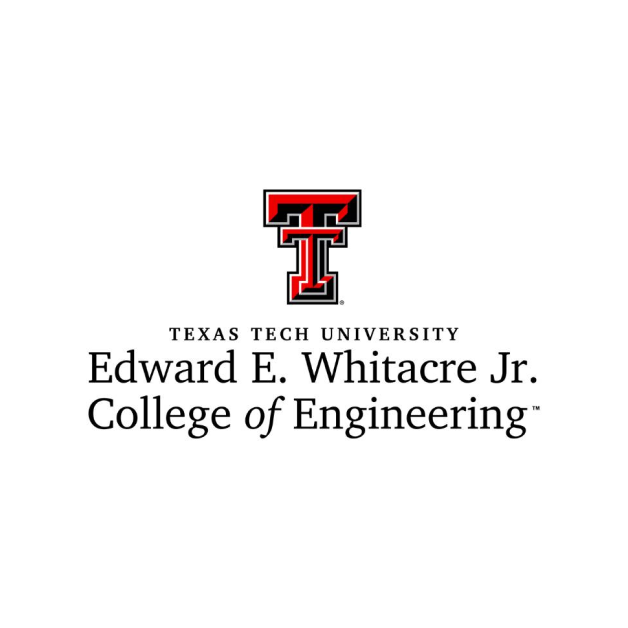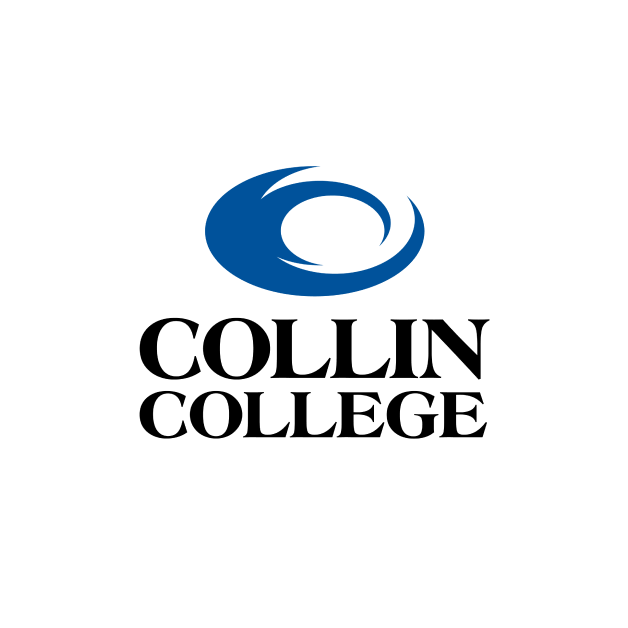The institution is producing work or college-ready graduates who are experts in hi-tech fields from pulse power to nanotechnology and bioengineering
Celebrating its centennial next year, the Edward E. Whitacre Jr. College of Engineering is one of the founding colleges of Texas Tech University. Despite its deep roots in the West Texas region, Whitacre College of Engineering (WCOE) has a global outlook. This is the essence of its tagline, “From Here, It’s Possible,”— a celebration of WCOE’s role in producing graduates who are ready to take on the critical issues of the modern world from food and energy shortage to national security.
“We truly pride ourselves in nurturing industry or job-ready graduates,” says Dr. Roland Faller, dean of WCOE. “If our graduates go out into the workplace, they shouldn’t need additional training; they can start working right away.”
WCOE’s roughly 4,800 undergraduate and 1,500 graduate students choose from seven engineering departments that offer nine bachelor’s, thirteen master’s and eight doctoral degrees as well as two graduate certificate programs. From petroleum engineering to computer science, the seven departments specialize in fields such as nanotechnology, pulse power, bioengineering, microgrids, aerospace, robotics, water and wind technologies, molecular modeling and national defense.
The students also benefit from collaborations with other colleges and WCOE organizations, such as the Water Resources Center and National Wind Institute, as well as government institutions, including the military. Meanwhile, alumni and partner companies provide a broad network of support, such as internship opportunities. Beyond satisfying a student’s academic needs, WCOE also takes care of their overall well-being. For example, student success specialists look after their mental health, food security and other personal requirements.
“We are growing in quality,” says Dr. Faller, who has a doctorate in theoretical physics and has written more than 150 scientific papers. “We are hiring the best people to train top students in order to solve the challenges of the region, the nation and the world.”
Learn more about Whitacre College of Engineering at depts.ttu.edu.





















